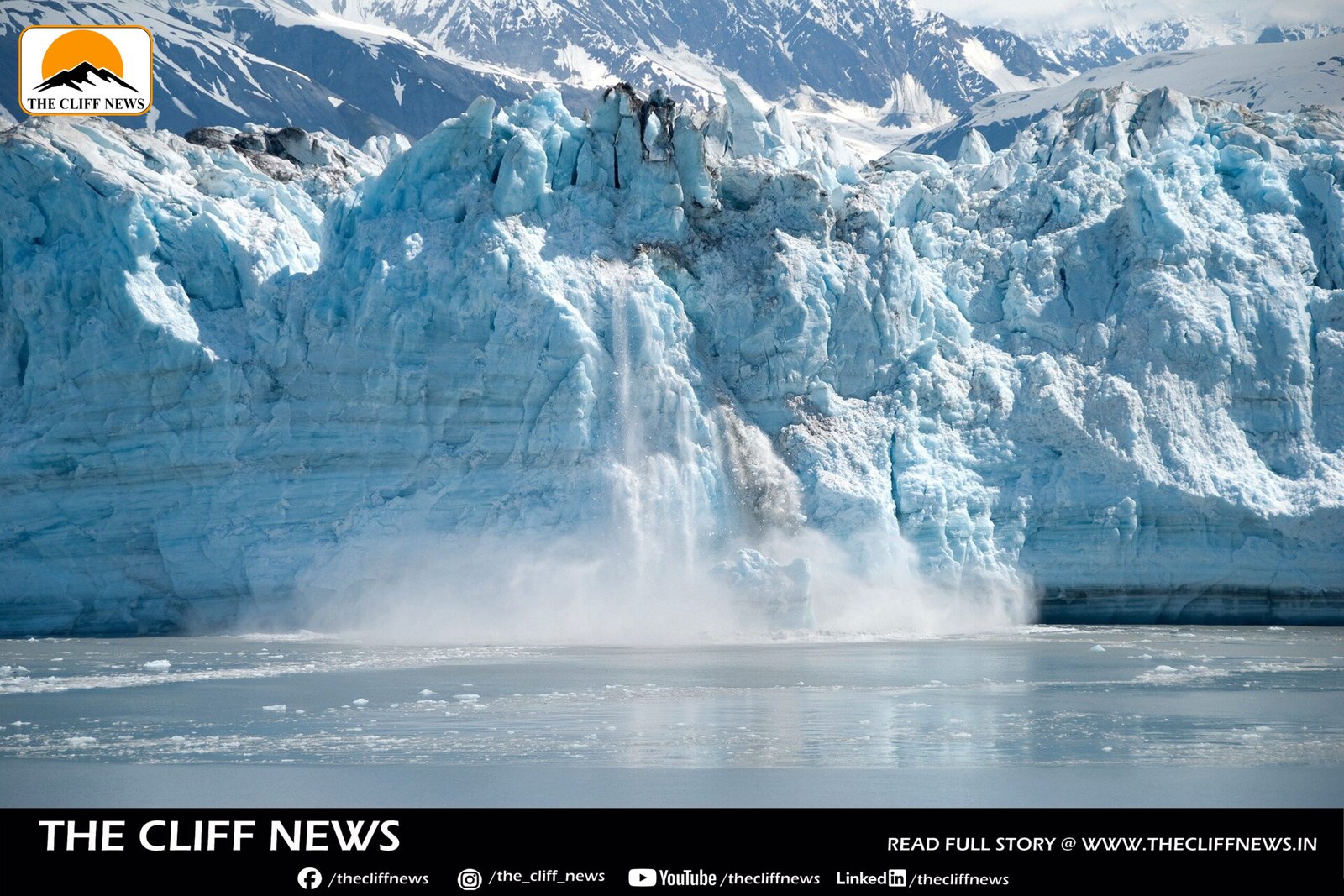Melting glaciers and ice caps caused by the ongoing climate crisis could significantly increase the frequency and intensity of volcanic eruptions, according to a new study. The loss of ice reduces pressure on underground magma chambers, making eruptions more likely — a process already observed in Iceland. Now, groundbreaking research in Chile shows that this phenomenon could occur across entire continents.
The study, led by Pablo Moreno-Yaeger of the University of Wisconsin-Madison, found compelling evidence that after the last ice age, volcanic activity in the Chilean Andes surged as thick ice sheets melted away. Presented at the Goldschmidt Geochemistry Conference in Prague, the research is currently under peer review and provides key insights into the relationship between deglaciation and volcanic behavior.
Pressure Release and Volcanic Eruption
Researchers conducted detailed fieldwork around Mocho-Choshuenco, a volcano once buried under a 1,500-metre-thick Patagonian ice sheet. Using radioisotope dating and mineral analysis of volcanic rocks, they found that eruptions were suppressed between 26,000 and 18,000 years ago due to the heavy ice load. As the ice melted around 13,000 years ago, pressure on the underlying magma chamber was released. Gases trapped in the magma expanded, leading to a phase of frequent and explosive eruptions.
“We found that following deglaciation, the volcano starts to erupt way more, and also changes composition,” Moreno-Yaeger said. The magma became more viscous and explosive as it melted surrounding crustal rocks during the suppressed eruption phase.
Risk Zones: Antarctica and Beyond
The findings raise concerns about future volcanic risks, especially in West Antarctica, where over 100 volcanoes lie hidden beneath rapidly melting ice. Other vulnerable regions include North America, New Zealand, and parts of Russia.
Volcanic eruptions can temporarily cool the planet by releasing sunlight-reflecting aerosols. However, sustained volcanic activity would inject large volumes of greenhouse gases like carbon dioxide and methane into the atmosphere, potentially setting off a vicious climate feedback loop: warming melts ice, triggering eruptions that release gases, which in turn intensify warming.
Need for Urgent Research
Although it is well documented that global volcanic activity spiked two- to sixfold after the last ice age, little research has been done on how modern climate change is influencing volcanic systems. The Chilean study is one of the first to provide concrete geological evidence of this interaction on a continental scale.
A recent review by scientists concluded that more attention is urgently needed to understand the links between climate change and volcanism — especially as extreme rainfall, another result of global warming, may also fuel violent eruptions.
This emerging area of research holds critical importance for global safety and climate forecasting, as our warming planet continues to reshape geological as well as environmental systems.



